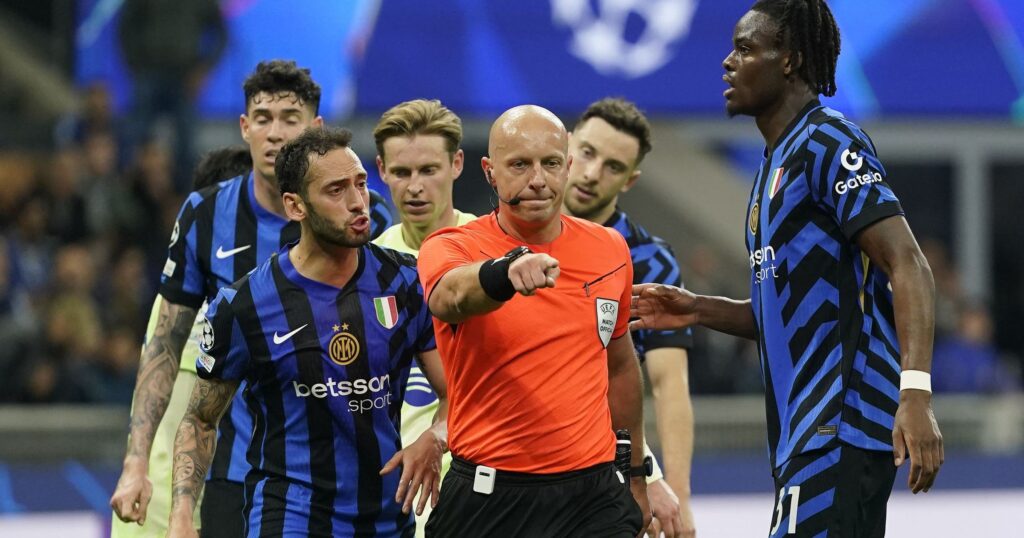The UEFA Champions League final represents one of the pinnacle moments in European football, where the stakes are incredibly high and the atmosphere is charged with anticipation. Fans from all over the world gather to witness what could be the defining match of the season, showcasing elite clubs vying for glory. This year, the final pits Inter Milan against Paris Saint-Germain (PSG), a confrontation that promises excitement and drama, set in the historic Allianz Arena in Munich, Germany. As football enthusiasts count down the days to this monumental battle, one of the greatest trophies in club football awaits the victor.
With the trophy on the line, the intensity of the match is heightened by the pressure on match officials, tasked with ensuring that the game runs smoothly and that the right decisions are made. In high-stakes games such as this, every call can be scrutinized, with the potential to change the course of the match. Therefore, the role of the referees becomes crucial, especially in moments where contentious decisions could arise. Fans will be anticipating not just the play on the field but also how officials manage the game and enforce the laws of football.
In addition to the excitement surrounding the match itself, fans often ponder the scenario of a draw. The question arises: how would the match be decided in the event of a stalemate at the end of regulation time? Such considerations lead to discussions about the application of the Video Assistant Referee (VAR) system and the potential for extra time and penalties. The anticipation builds as the date approaches, and many hope for clarity on these regulations.
Regarding the implementation of VAR during the UEFA Champions League final, fans can rest assured that it will indeed be in play on May 31. This technology is designed to assist officials in making the right calls by reviewing key moments in the match, ensuring that crucial decisions are upheld, or corrected if necessary. The referee chosen for this high-profile match is Romania’s Istvan Kovacs, who will take center stage as the main official. Kovacs will not be alone in his responsibilities; he will have a team of assistant referees to support him. Moreover, the presence of VAR will provide an additional layer of assurance, allowing for a more thorough review of decisions that could impact the outcome of the match.
Another important element to consider is the potential for extra time and penalties. Reflecting on recent matches, such as Inter Milan’s thrilling semi-final against FC Barcelona, which was decided in a dramatic fashion after extra time, there is a possibility that this final may also require additional play. In the event that the score is tied after the initial 90 minutes, an additional 30 minutes will be added, split into two halves. If the deadlock persists, the match will ultimately be resolved by a penalty shootout. This compelling format not only adds excitement but also tests the players’ mental fortitude and skill under pressure.
As football fans eagerly prepare for the final showdown in Munich, they can look forward to a memorable evening filled with passion, skill, and the relentless pursuit of victory. Streaming options for the match are readily available on platforms like TNT Sports and discovery+, allowing supporters worldwide to follow every moment of the action. Whether it concludes in regulation, extra time, or through penalties, this Champions League final guarantees to be a spectacle that will be talked about for years to come, as two of Europe’s finest teams clash for the ultimate prize in club football.











